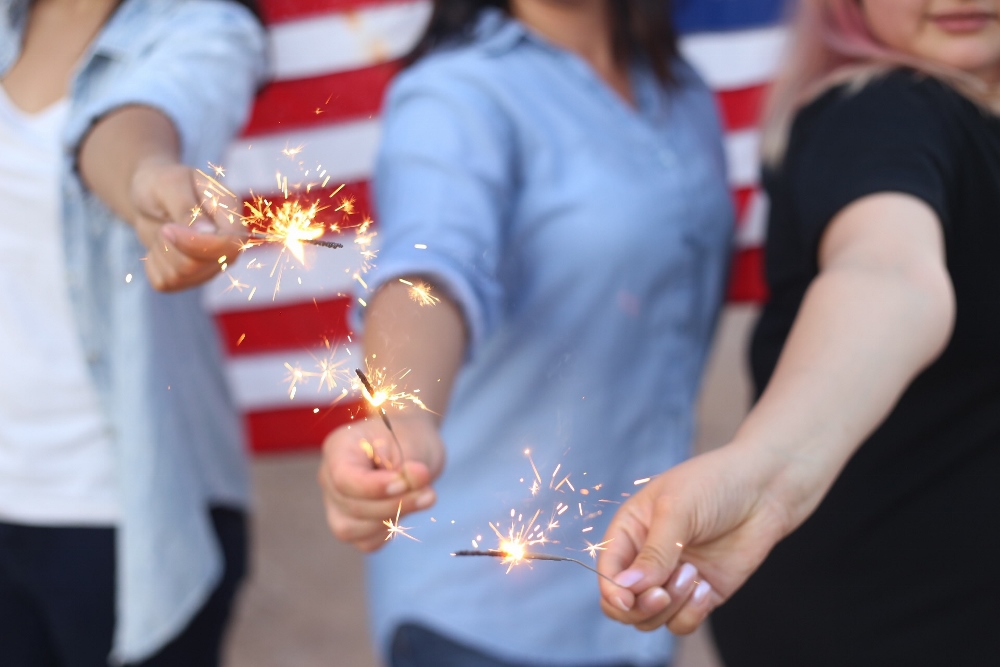 Happy Independence Day! The Fourth of July is a time for enjoying freedom, family, and (of course) fireworks! Your weekend might include grilling, swimming, boating, and a light show at the end of the day. But while all of the activities are summer favorites, each one has its unique safety hazards, especially when combined with drinking and blowing things up!
Happy Independence Day! The Fourth of July is a time for enjoying freedom, family, and (of course) fireworks! Your weekend might include grilling, swimming, boating, and a light show at the end of the day. But while all of the activities are summer favorites, each one has its unique safety hazards, especially when combined with drinking and blowing things up!
But keeping safety in mind doesn’t have to equal a damper on your celebration. You can keep your home and your family safe this Fourth of July by considering a few tips for smart celebration.
- Keep a bucket of water nearby. Whether you’re setting off fireworks or grilling burgers, sparks can land on nearby foliage and flammable items and quickly start a fire. Make sure you can easily douse any unwanted flames and dud fireworks. For even better protection, keep hose nearby as well.
- Wear eye protection when lighting fireworks and never trying to fix or relight a dud. According to the Red Cross, fireworks are behind almost 9,000 emergency room visits each year. Just a few simple precautions can keep you from becoming part of this statistic!
- Keep fireworks and grills away from dry grass and overhanging foliage. Trim any bushes around your grilling area and create a safe, non-flammable area for firework lighting.
- Read the instructions that came with your grill for the safest grilling experience, Be aware of flammable objects, such as house eaves and railings, and keep the grill at a safe distance. Lastly do not add starter fluid after coals are ignited; nobody likes to end the holiday weekend without eyebrows!
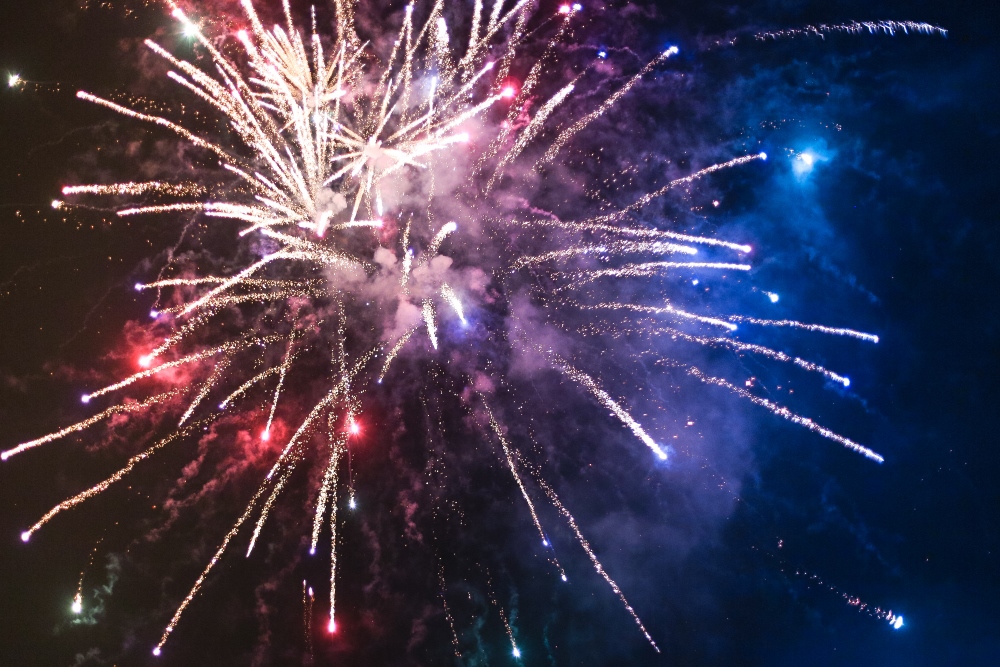
- If you plan to celebrate all or part of your Fourth of July holiday on a boat, make sure everyone on board wears a life jacket. The US Coast Guard noted in its report, 2011 Recreational Boating Statistics, that at least 79 percent of the drownings in 2011 were experienced by individuals not wearing a life jacket.
- If camping is part of your weekend plans, keep your campfire at least 15 feet from tents, trees and shrubs, and make sure there are no low-hanging branches over the fire.
- When putting out a campfire, douse all embers with water and continue pouring until doing so no longer causes a hissing noise. Then, use a shovel to move through the ashes and ensure that everything is wet and cold.
- If your festivities include a swimming pool or a day at the lake, make sure children are always supervised by a sober adult with both swimming and CPR skills.
- Having a fun 4th doesn’t have to mean sacrificing safety. For more tips on having a safe holiday or to understand how your insurance policies can be affected by your Fourth of July activities, give us a call.
To keep up with more articles like this, join our newsletter today!


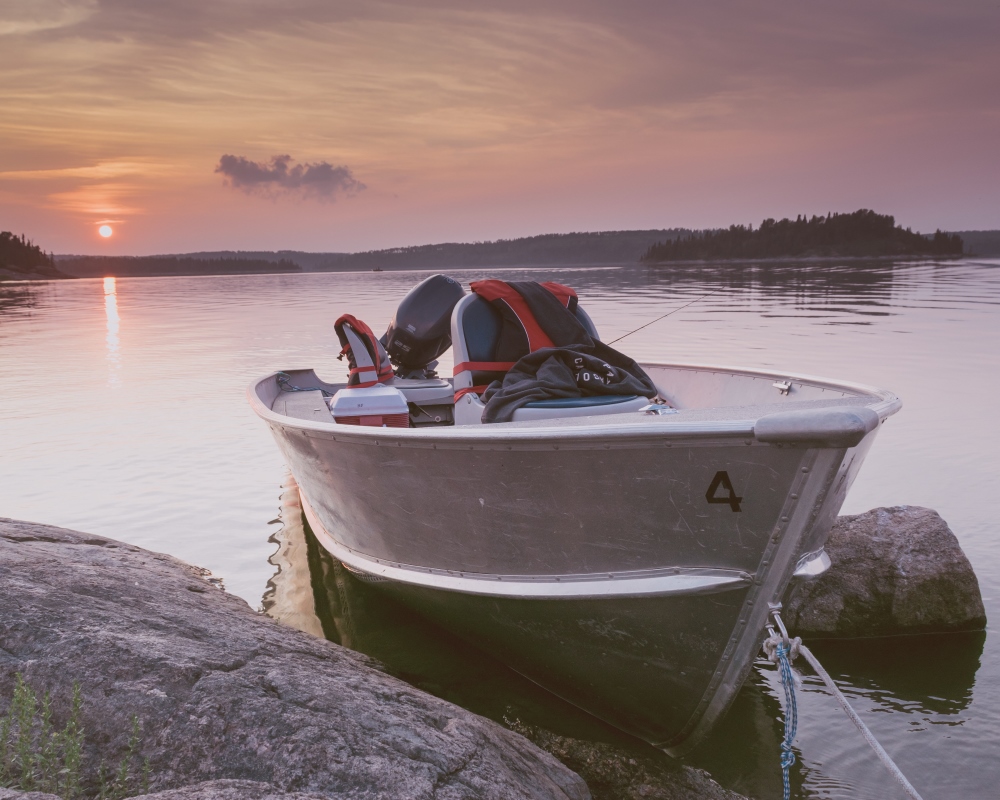 It’s Michigan Boating week! And that means families everywhere in the Great Lakes State are starting to hit the water as the weather heats up. While being out on the water together is a favorite summer pastime for Michigan families, it’s important to remember that when you mix kids and boats, safety becomes even more important. So while you’re spending some time on the waves, follow these tips to keep your boating experience safe and problem free:
It’s Michigan Boating week! And that means families everywhere in the Great Lakes State are starting to hit the water as the weather heats up. While being out on the water together is a favorite summer pastime for Michigan families, it’s important to remember that when you mix kids and boats, safety becomes even more important. So while you’re spending some time on the waves, follow these tips to keep your boating experience safe and problem free: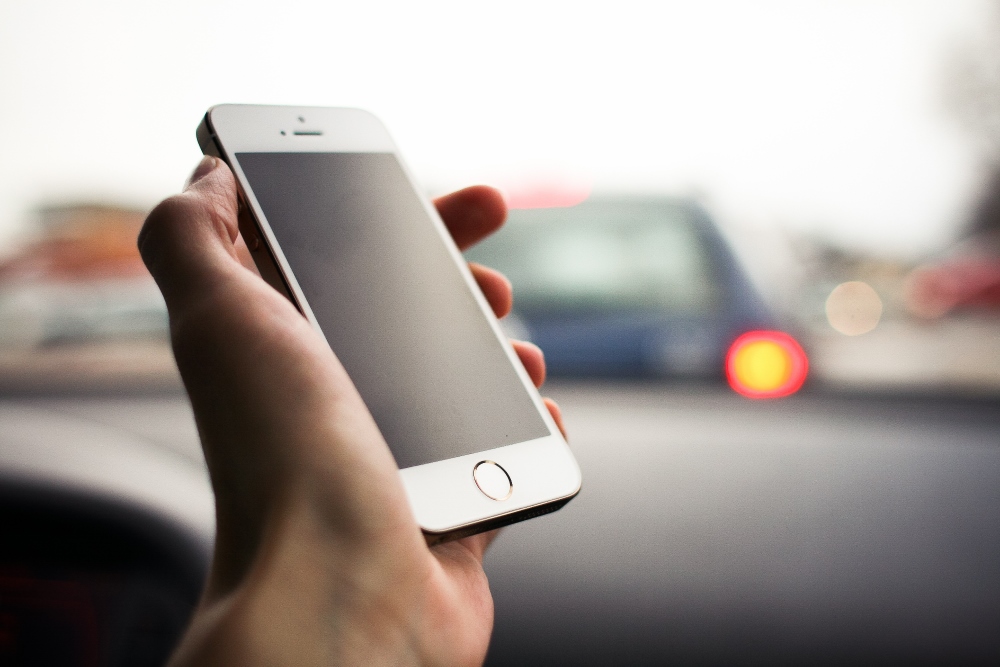
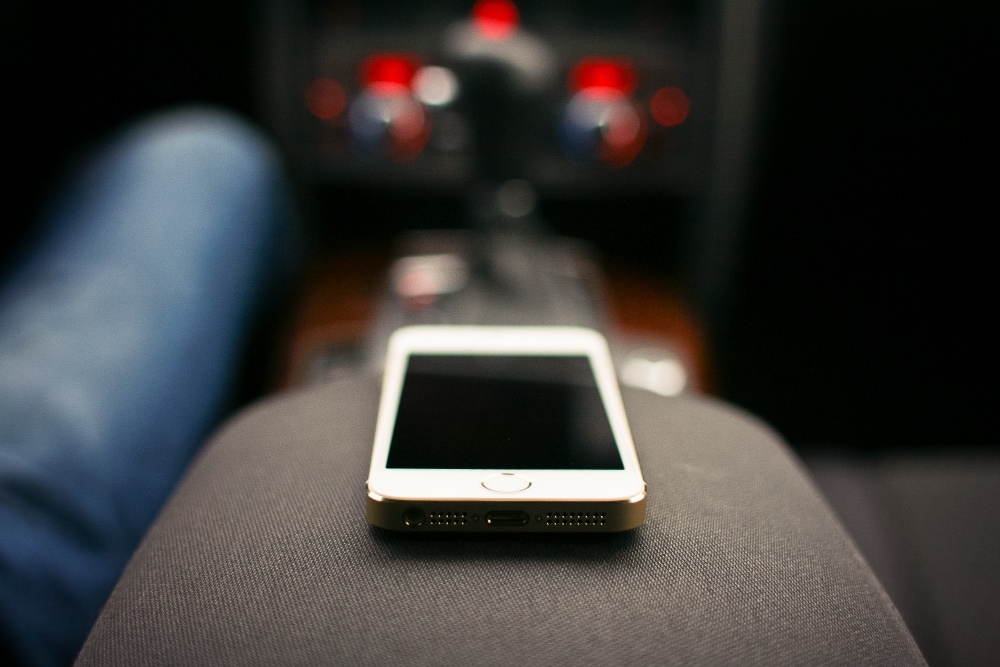

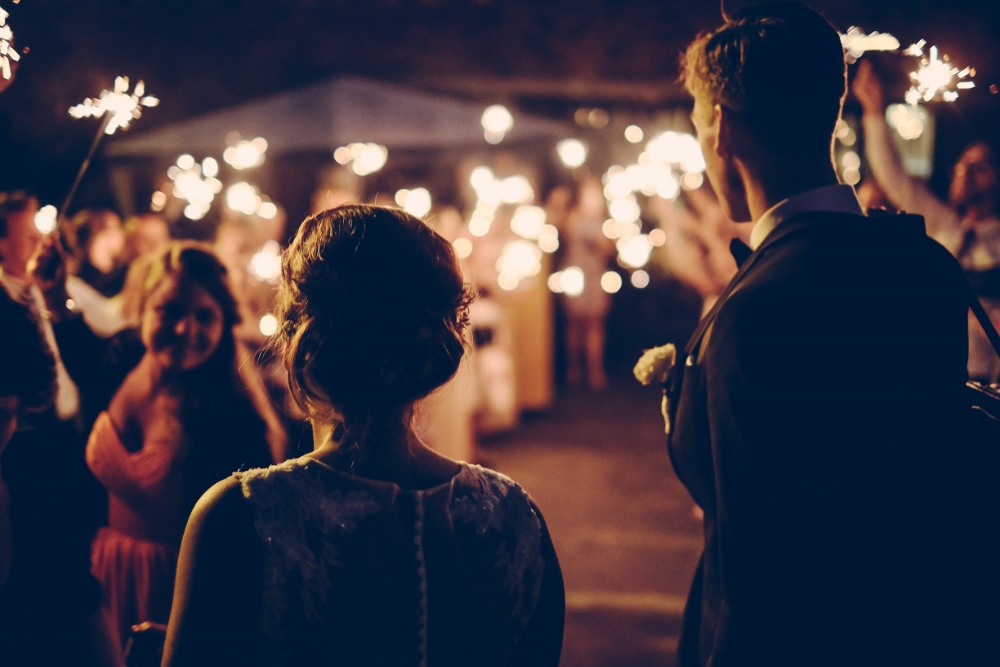
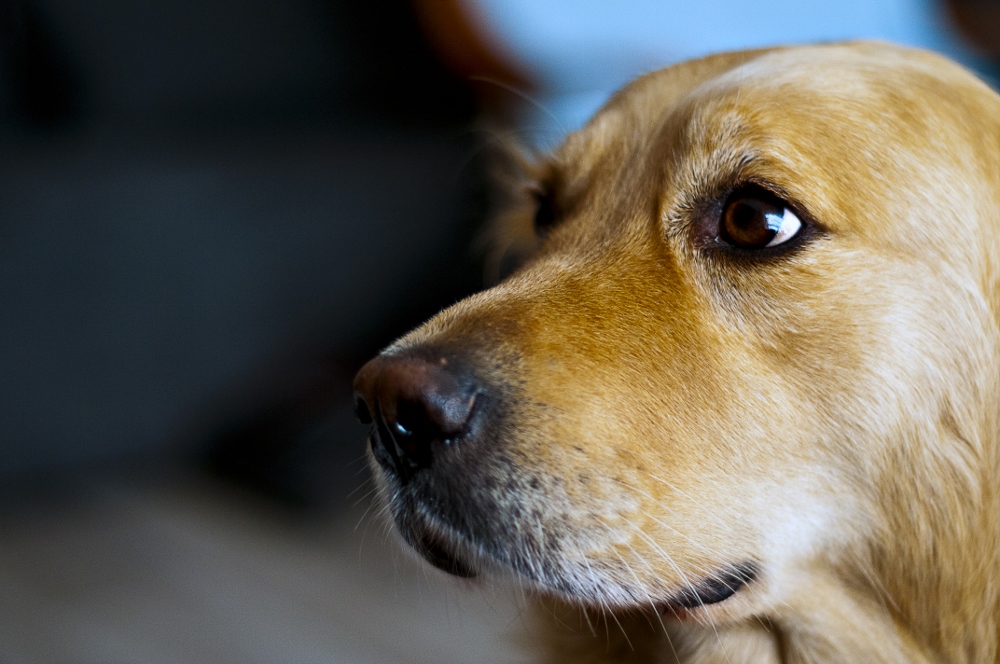
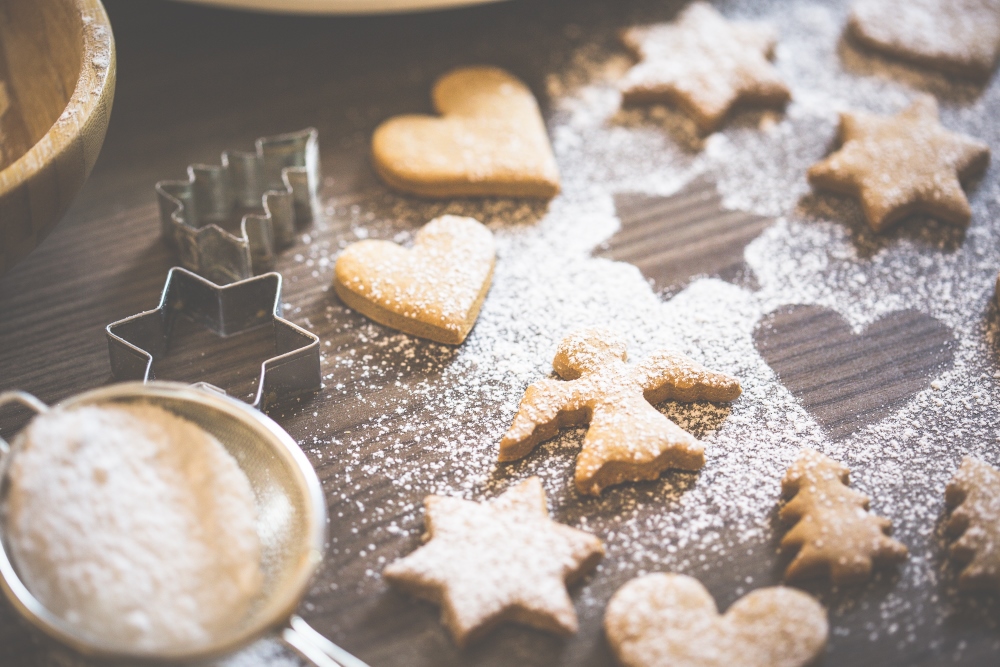
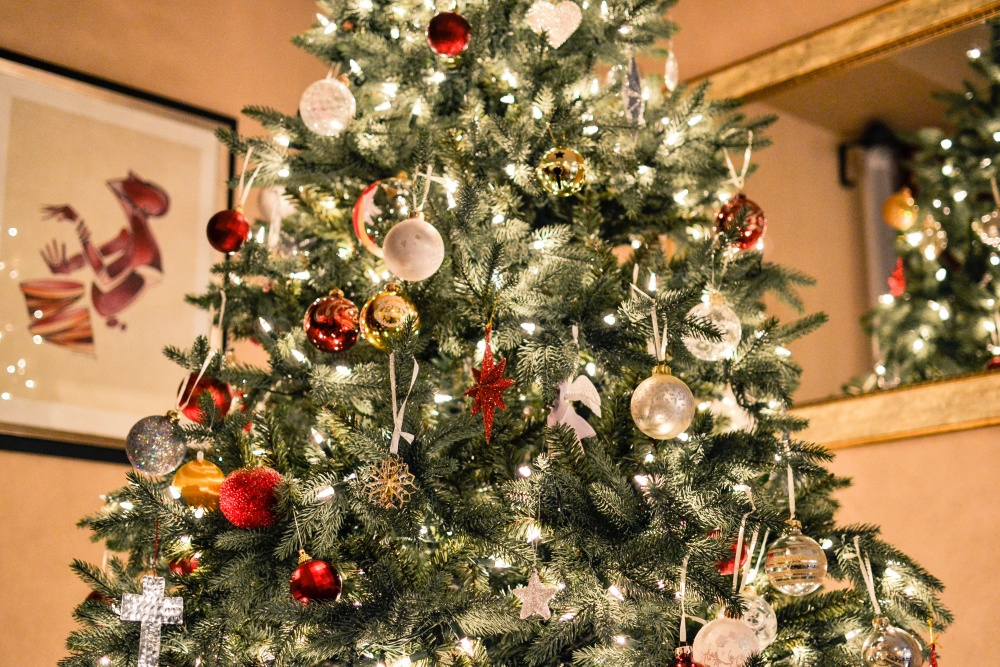
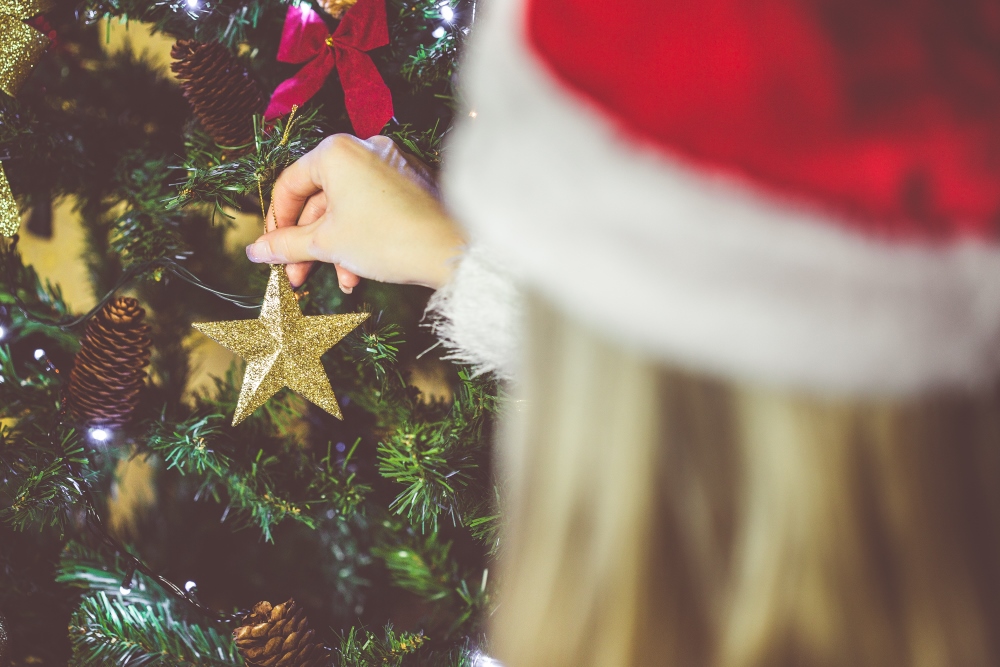
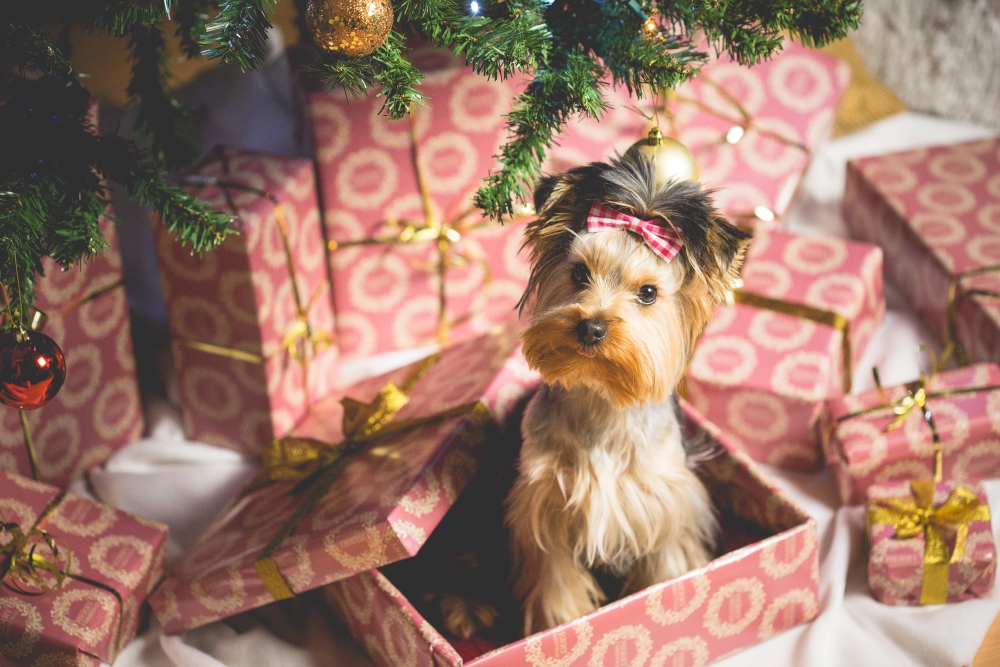 Keep in mind, an over-stimulated, nerve-rattled dog may not take well to kids pulling tails and fur. Even the best behaved family dogs have a limit. Adults should always supervise children around pets to monitor the safety of both the pet and the child. If a dog appears to be annoyed, call it into an empty room for a break from the holiday excitement.
Keep in mind, an over-stimulated, nerve-rattled dog may not take well to kids pulling tails and fur. Even the best behaved family dogs have a limit. Adults should always supervise children around pets to monitor the safety of both the pet and the child. If a dog appears to be annoyed, call it into an empty room for a break from the holiday excitement.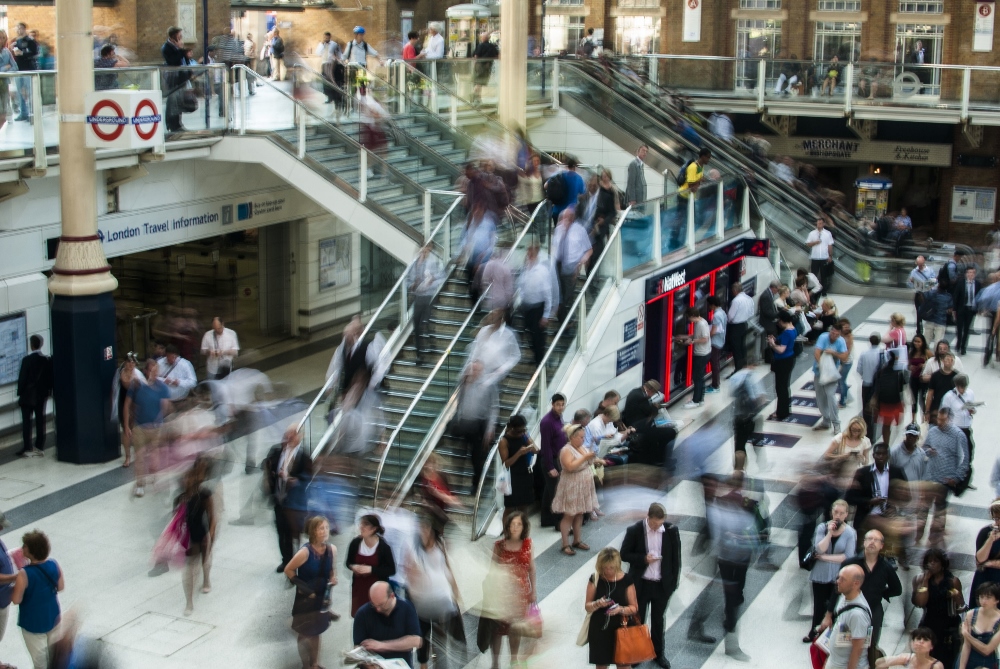 Thanksgiving is time for family traditions, and turkey of course. Maybe you watch the parade on TV while you cook. Maybe you go around the table saying what you’re thankful for. Or maybe, like millions of Americans, you relish in Black Friday shopping bargains. The biggest shopping day of the year, and the unofficial start to the holiday season, stirs shoppers into a frenzy of mapping out sale items while fighting against the inevitable turkey-coma that follows any big Thanksgiving meal.
Thanksgiving is time for family traditions, and turkey of course. Maybe you watch the parade on TV while you cook. Maybe you go around the table saying what you’re thankful for. Or maybe, like millions of Americans, you relish in Black Friday shopping bargains. The biggest shopping day of the year, and the unofficial start to the holiday season, stirs shoppers into a frenzy of mapping out sale items while fighting against the inevitable turkey-coma that follows any big Thanksgiving meal.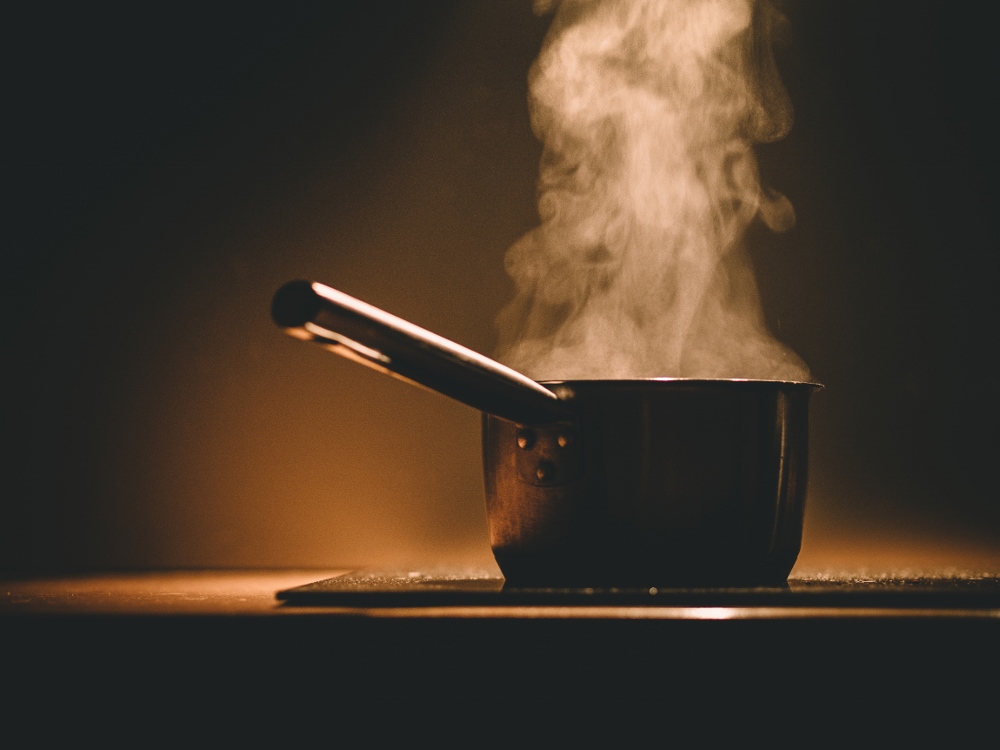 Use Cooking Appliances Properly
Use Cooking Appliances Properly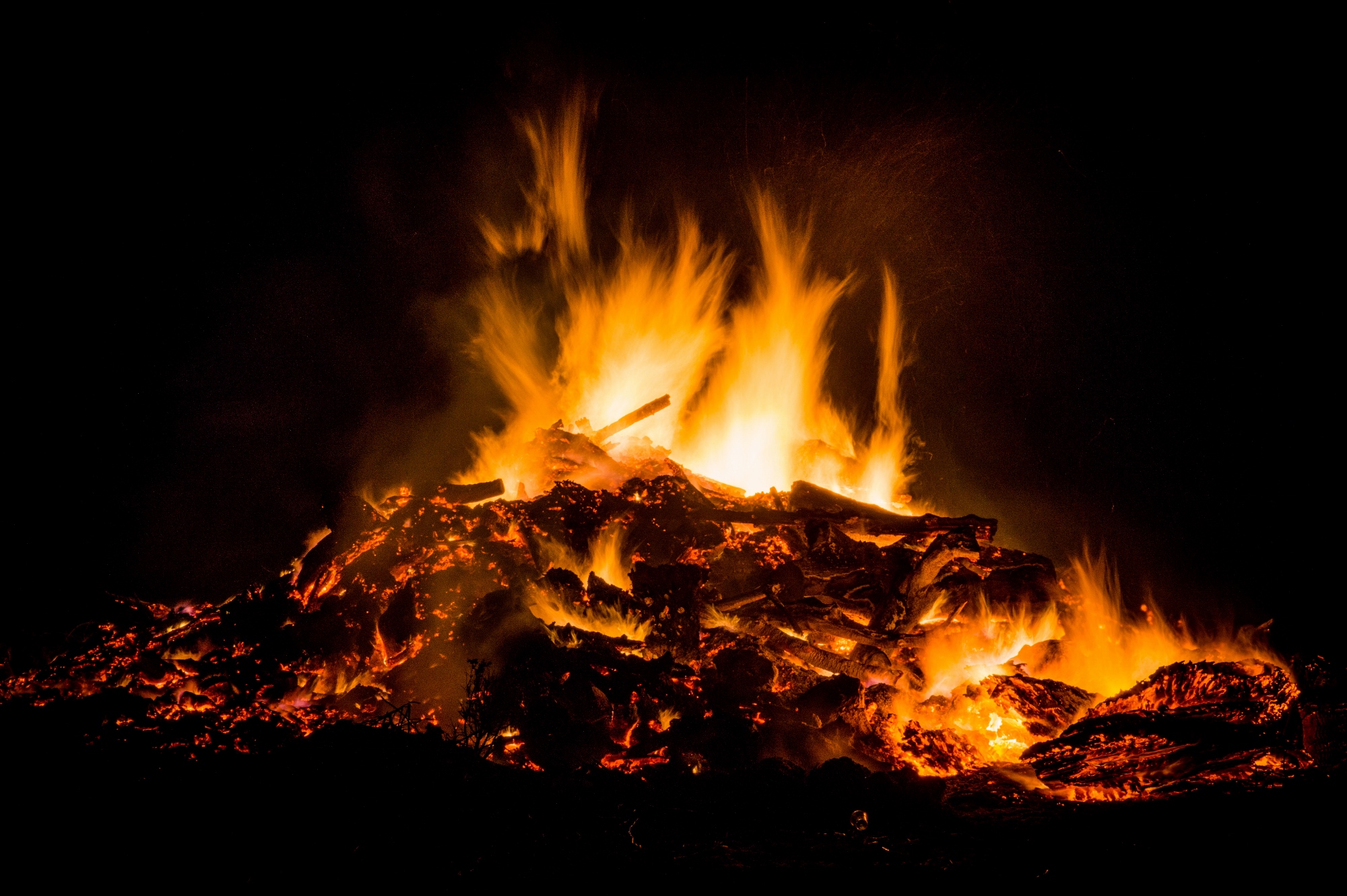 If you think you can safely fight a small fire, there are certain techniques you should use. Always keep an oven mitt and non-glass lid nearby for such occasions. If a small grease fire starts in a pan, don the oven mitt and carefully slide the lid over the pan to smother the fire. Immediately turn off the burner and leave the lid in place until the pan is completely cool. Removing the lid prematurely can restart the fire. Remember to never pour water into a grease fire! It can cause burning oil to splash and spread the fire.
If you think you can safely fight a small fire, there are certain techniques you should use. Always keep an oven mitt and non-glass lid nearby for such occasions. If a small grease fire starts in a pan, don the oven mitt and carefully slide the lid over the pan to smother the fire. Immediately turn off the burner and leave the lid in place until the pan is completely cool. Removing the lid prematurely can restart the fire. Remember to never pour water into a grease fire! It can cause burning oil to splash and spread the fire.
























